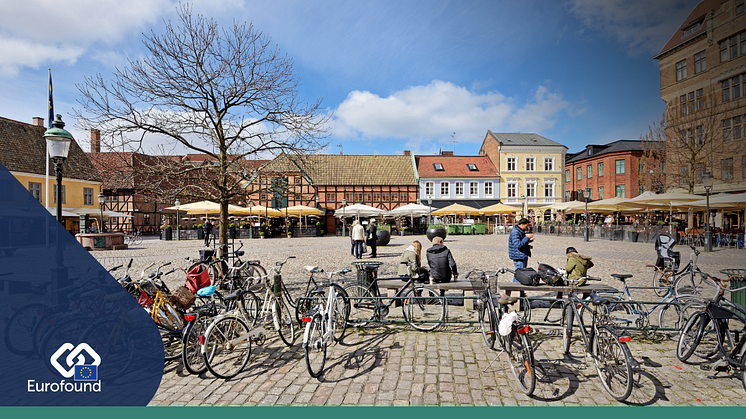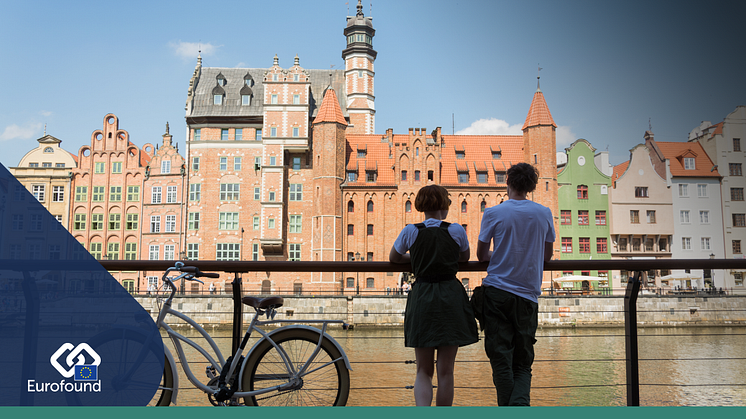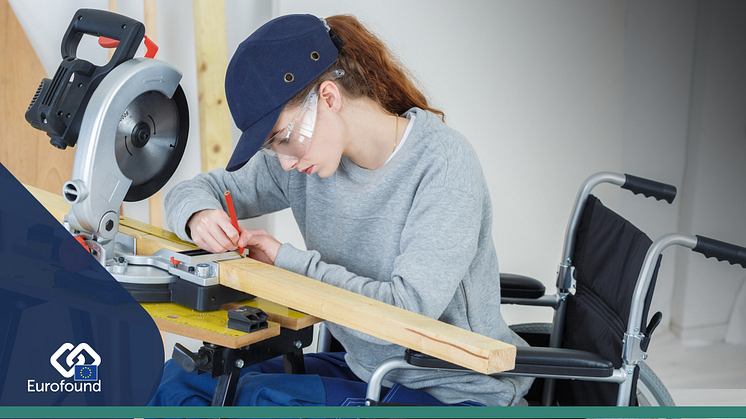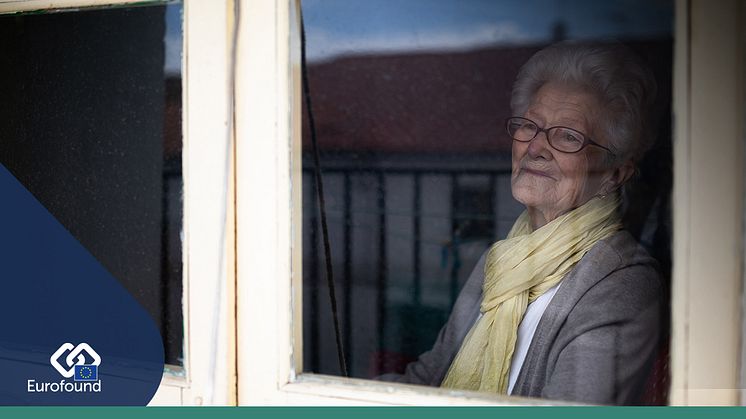Citizen participation important driver of optimism in Europe
Citizens who feel their voice counts are not only more optimistic about their own future, but also about broader society and the institutions that govern their lives.

Citizens who feel their voice counts are not only more optimistic about their own future, but also about broader society and the institutions that govern their lives.

More than 9 out of 10 establishments with 10 or more employees in Slovakia report difficulties in finding suitable candidates for open positions, according to a recent Eurofound report on ‘Tackling labour shortages in EU Member States’. This is the highest proportion in the EU, followed by Romania (90%) and Malta (88%), while rates are lowest in Denmark and Greece (both 57%).

Fewer than 50% of people in France are likely to take the COVID-19 vaccination, according to Eurofound’s large-scale Living, working and COVID-19 online survey. In February and March 2021, just 48.7% replied that they were likely or very likely to get vaccinated against the COVID-19 virus when it becomes available to them. This is considerably lower than the EU average at 64.4%.

74% of people in Croatia report difficulties making ends meet, according to Eurofound’s large-scale Living, working and COVID-19 online survey. This is the highest figure among EU Member States, where the average was 45.1%. For Croatia, this number remained consistently high throughout the pandemic at 73.5% in April 2020 reporting a difficult personal financial situation.

The trust of people in Portugal in the European Union is the highest across all Member States, according to Eurofound’s large-scale Living, working and COVID-19 survey. With 5.9, it is significantly higher than the EU average at 4.6. Trust in the EU in Portugal has increased throughout the COVID-19 pandemic from 5.2 in April 2020 to 5.4 during the summer of last year to 5.9 in spring 2021.

Throughout the COVID-19 pandemic, trust of people in Sweden in their national government has declined from 6.4 to 5.1. Respondents rated their trust levels at the onset of the pandemic (data collection April 2020) at 6.4 on average, which decreased to 5.5 during the summer months of last year and then to 5.1 in February and March of this year.

Trust in the national government in Denmark ranked highest among EU countries at 7 out of 10, according to Eurofound’s large-scale Living, working and COVID-19 online survey. This marked an increase of 0.5 points compared to the summer of last year. This pattern goes against the trend observed in all other EU Member States, where the average trust rating fell to just 3.9 from 4.6.

Pessimism about one’s future financial situation has decreased in Italy compared to summer 2020, according to Eurofound’s large-scale Living, working and COVID-19 online survey. In February 2021, over one fifth (22.5%) of people in Italy expected a worsening of their situation compared to 27.6% in June/July of last year.

The COVID-19 pandemic is having negative and far-reaching consequences on labour market participation and social inclusion, which may further disadvantage people with disabilities.

Eurofound’s new policy brief on ‘Education, healthcare and housing - How access changed for children and families in 2020’ focuses on the aspects of accessibility for children and families for which Eurofound has data and highlights differences in accessibility before and during the COVID-19 pandemic.

Eurofound’s Living, working and COVID-19 online survey aims to capture the far-reaching implications of the pandemic for the way people live and work across Europe. Two rounds of the online survey have been carried out to date. The third round is launched today, 15 February, and will be open until 29 March 2021.

Trust in Slovakian national government on a par with EU average during COVID-19 crisis.
